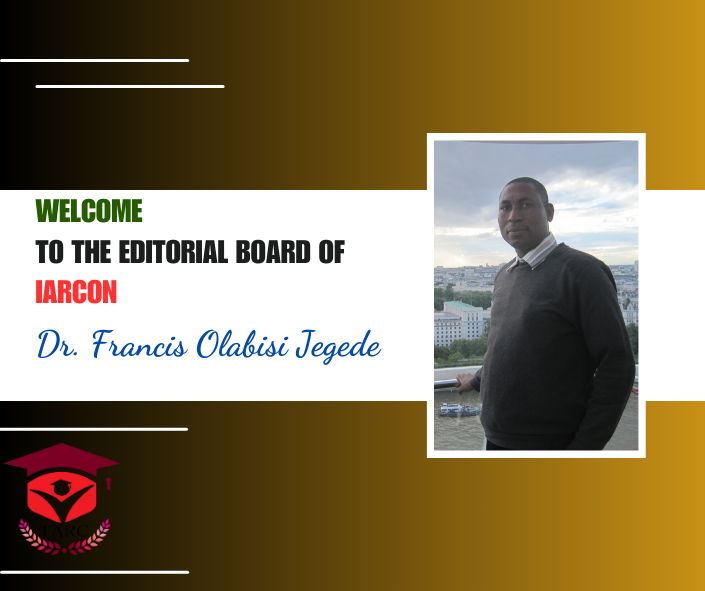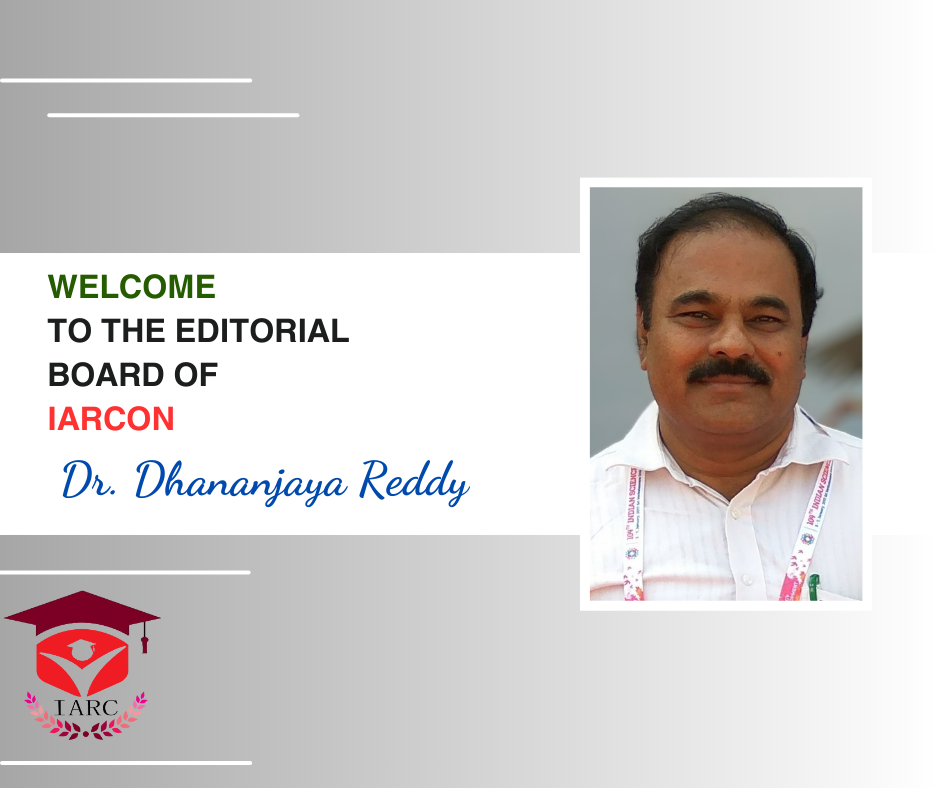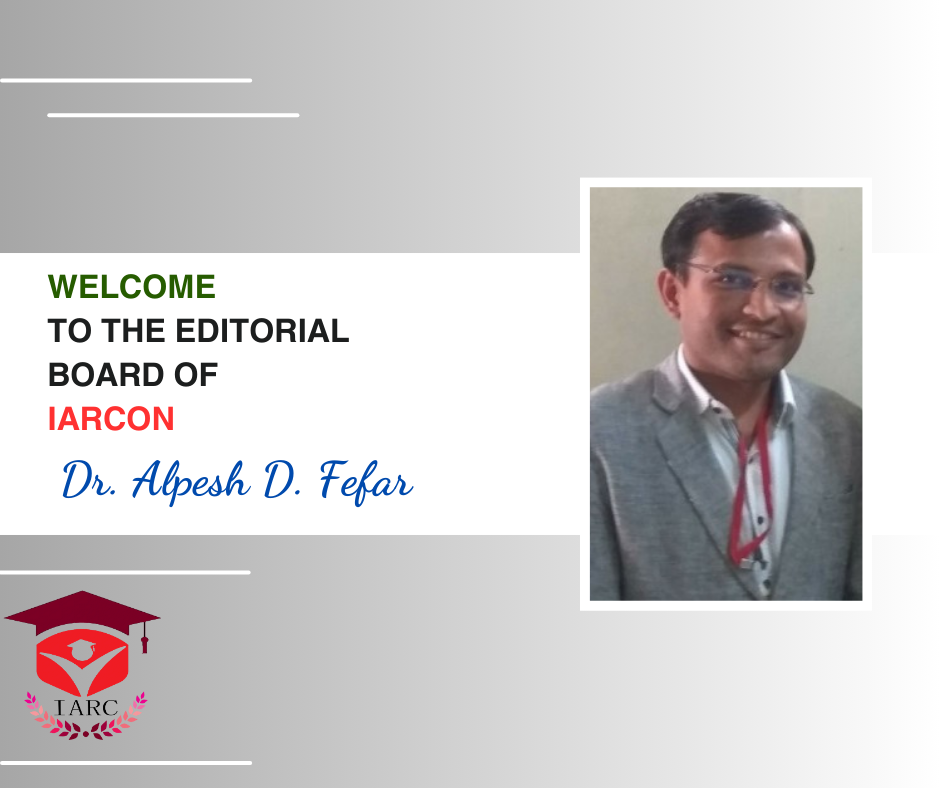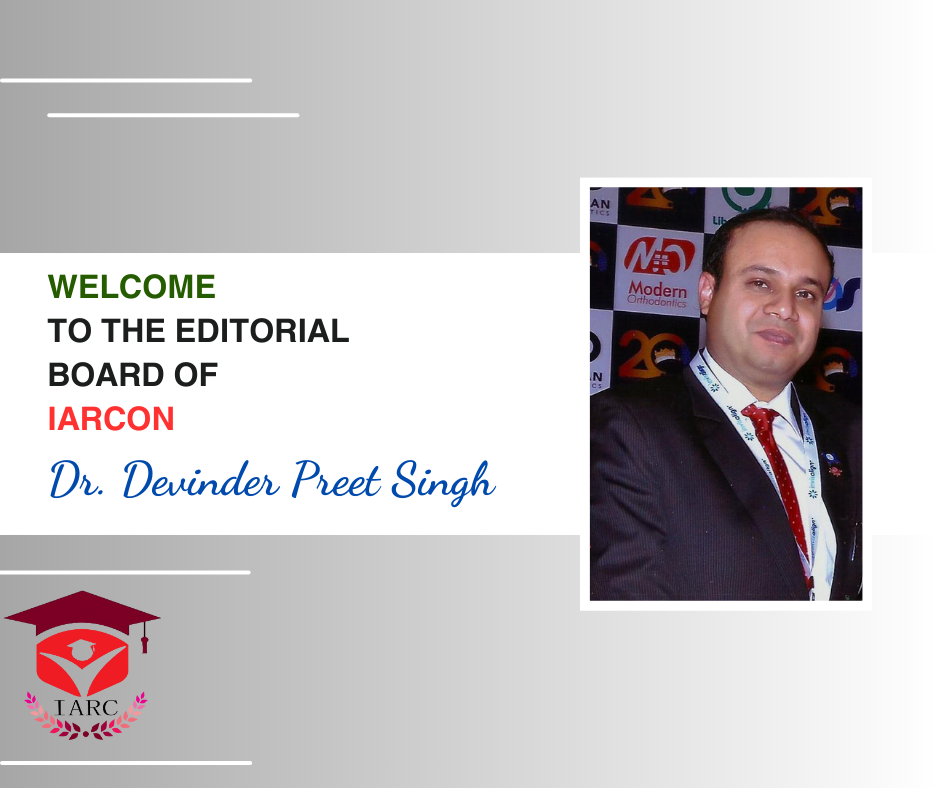Roberto Romeo stands as a distinguished figure in the realm of organic chemistry. With a career spanning decades, Romeo has significantly contributed to the synthesis of novel molecules, particularly focusing on their potential applications in pharmaceuticals, biotechnology, and environmental sciences. Let's delve into the remarkable journey of this prolific researcher and educator.
Early Years and Academic Pursuits
Roberto Romeo's academic journey commenced with a degree in Pharmaceutical Chemistry and Technology from the University of Messina in 1993. Eager to delve deeper into the realm of chemical sciences, he pursued a Ph.D., specializing in the same field, and successfully obtained his doctoral degree in 1997. This laid the foundation for his future endeavors in academia and research.
Pioneering Research and Collaborations
Throughout his career, Romeo has engaged in pioneering research, collaborating with esteemed institutions and scholars worldwide. His stint as a visiting professor at institutions like the University of Fribourg in Switzerland and the Institute for Organic Synthesis and Photoreactivity (ISOF)-CNR in Bologna, Italy, allowed him to explore diverse facets of organic chemistry and broaden his scientific horizons.
One of the notable highlights of Romeo's research endeavors was his exploration of radical-induced DNA cleavage, conducted during his research training at the Institut für Organische Chemie der Universität Basel in Switzerland. This early work laid the groundwork for his subsequent research on the synthesis and biological activities of modified nucleosides, a field where he has made significant contributions over the years.
Academic Leadership and Mentorship
As an academician, Romeo has played a pivotal role in nurturing the next generation of scientists and researchers. From serving as a lecturer and supervisor for doctoral theses to being actively involved in doctoral courses and seminars, he has imparted invaluable knowledge and guidance to aspiring chemists and pharmacologists. His commitment to education is evident through his involvement in various doctoral programs and his role as a dissertation commissioner for Ph.D. candidates.
Scientific Contributions and Publications
Romeo's scientific contributions extend beyond the confines of the classroom and laboratory. With a keen focus on organic synthesis methodologies, heterocyclic compounds chemistry, and pericyclic reactions, he has authored numerous publications in prestigious international journals. His research interests encompass diverse areas, including the design and synthesis of antiviral agents, advanced synthetic methodologies for biomaterial functionalization, and the development of nanostructured carriers for drug delivery applications.
A Vision for the Future
As Roberto Romeo continues to make strides in the field of organic chemistry, his vision for the future remains steadfast. Through ongoing research projects and collaborations, he aims to further unravel the complexities of molecular synthesis and explore novel avenues for therapeutic interventions. His commitment to excellence and innovation serves as an inspiration to aspiring researchers and underscores the transformative potential of organic chemistry in addressing pressing societal challenges.
In conclusion, Roberto Romeo's journey epitomizes the spirit of scientific inquiry and academic excellence. His multidisciplinary approach to research, coupled with his dedication to education and mentorship, has positioned him as a stalwart in the field of organic chemistry. As he continues to push the boundaries of scientific knowledge, his contributions are poised to leave a lasting impact on the scientific community and beyond.
Roberto Romeo has been appointed to the editorial board of IARCON. With his extensive experience and dedication, he brings a valuable perspective to our publication, enriching our discourse. We warmly welcome Roberto Romeo to our editorial board and eagerly anticipate his valuable insights in shaping the future of research within our esteemed platform.





Kenya.
Email: office@iarconsortium.org
Editorial Office:
J.L Bhavan, Near Radison Blu Hotel,
Jalukbari, Guwahati-India